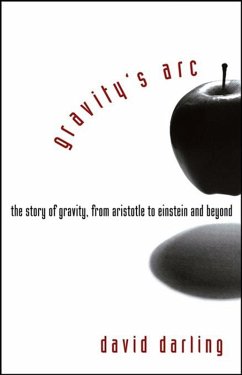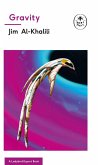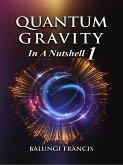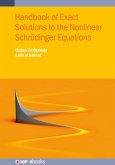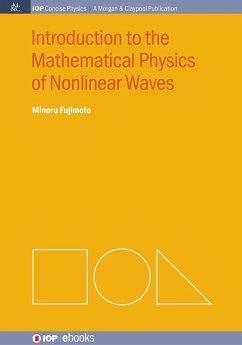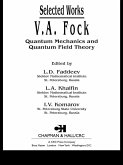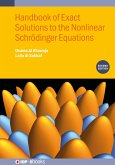Gravity shapes our bones and bodies. It ensures that what goes up comes down. We've studied it for millennia. But is what we know about it wrong? The NASA probes Pioneer 10 and 11 are not where they should be, and pendulums have gone haywire during solar eclipses. Nothing in current gravitational theory explains these bizarre behaviors, which begs the larger questions: What exactly is gravity? How has our knowledge about it accumulated? And, what do these anomalies and other recent discoveries mean?
In Gravity's Arc, the celebrated science writer David Darling confronts these questions by tracing the fascinating history of speculation, investigation, and analysis into gravity's nature by some of the most renowned scientists in history. He starts with Aristotle, who thought all things fell toward their "natural place," leaps forward to the groundbreaking work of Copernicus, Kepler, and Galileo, then shows how Newton and his apple gave the world its first universal theory of gravitation before turning to Einstein and his notion of curved space-time.
Darling also introduces readers to the present-day physicists who are wrestling to fit gravity into an all-embracing scheme of nature. This involves some knottier issues: If gravity is a force, where does it come from? How can inert material, however massive, generate this strange attraction? Does gravity travel in waves? If so, can we detect them? What forms might life take on worlds with higher or lower gravity than Earth's? Is it possible to ride an elevator into space?
Darling explores gravity's mysterious cosmic adversary, a "dark energy" that threatens to stretch the cosmos into infinite oblivion. Could dark energy also hold the key to interstellar space travel, the development of warp drives? Could scientists someday create their own miniature black holes or even embryonic universes? Could we control the very fabric of space and time?
Today we stand on the brink of a revolution in gravitational science, one that may also help explain the enigmas of errant probes and pendulums.
In Gravity's Arc, the celebrated science writer David Darling confronts these questions by tracing the fascinating history of speculation, investigation, and analysis into gravity's nature by some of the most renowned scientists in history. He starts with Aristotle, who thought all things fell toward their "natural place," leaps forward to the groundbreaking work of Copernicus, Kepler, and Galileo, then shows how Newton and his apple gave the world its first universal theory of gravitation before turning to Einstein and his notion of curved space-time.
Darling also introduces readers to the present-day physicists who are wrestling to fit gravity into an all-embracing scheme of nature. This involves some knottier issues: If gravity is a force, where does it come from? How can inert material, however massive, generate this strange attraction? Does gravity travel in waves? If so, can we detect them? What forms might life take on worlds with higher or lower gravity than Earth's? Is it possible to ride an elevator into space?
Darling explores gravity's mysterious cosmic adversary, a "dark energy" that threatens to stretch the cosmos into infinite oblivion. Could dark energy also hold the key to interstellar space travel, the development of warp drives? Could scientists someday create their own miniature black holes or even embryonic universes? Could we control the very fabric of space and time?
Today we stand on the brink of a revolution in gravitational science, one that may also help explain the enigmas of errant probes and pendulums.
Dieser Download kann aus rechtlichen Gründen nur mit Rechnungsadresse in A, D ausgeliefert werden.

